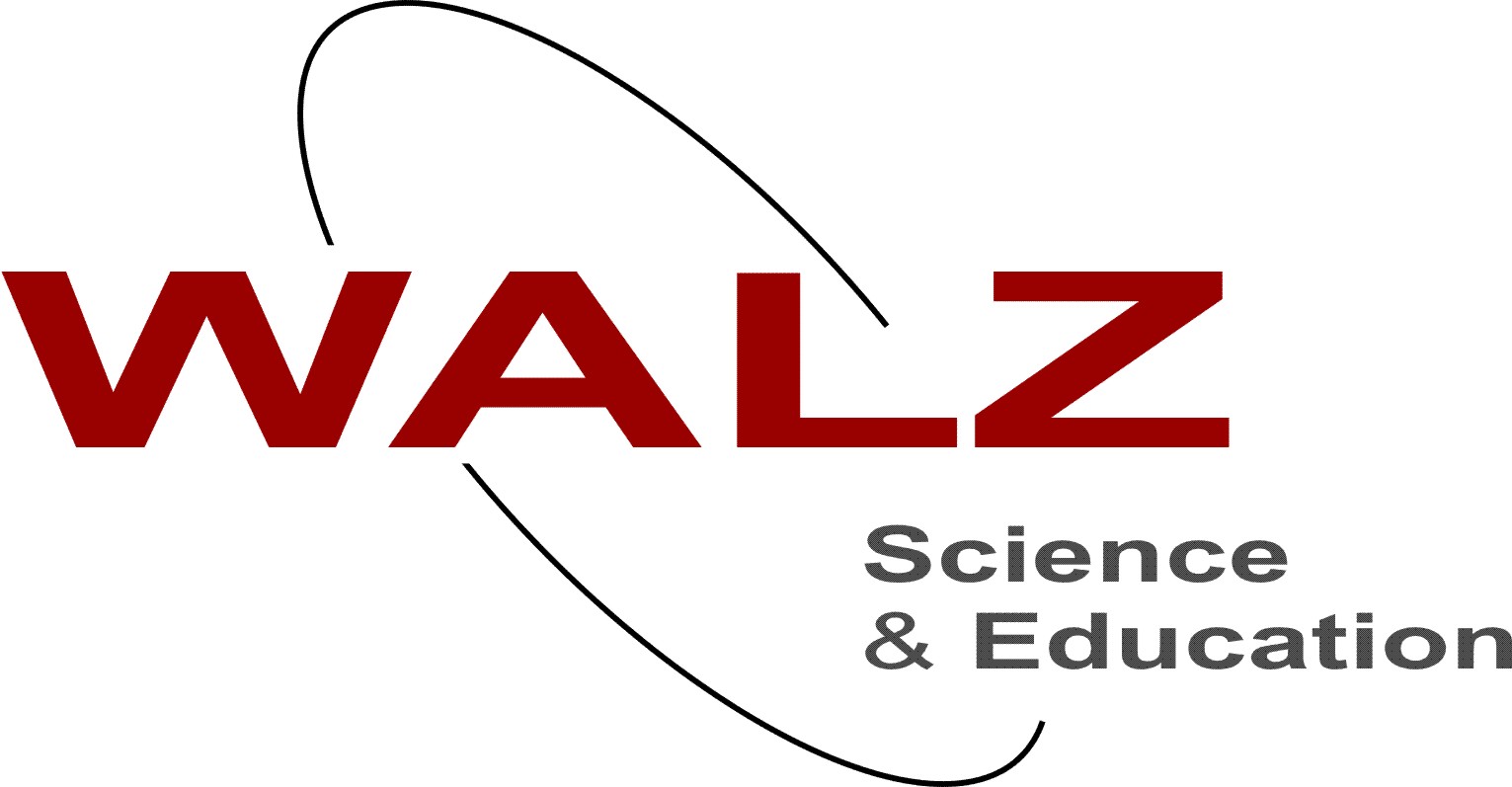Globalisierung
Handel, Macht & Geopolitik im Geiste Machiavellis
Globalization
Vorlesungs-Nr: I.090
.
.
Die hier beschriebene Vorlesung unterteilt sich in insgesamt drei Kapitel und baut chronologisch, mikroökonomisch, makroökonomisch sowie global-geopolitisch aufeinander auf.
Kapitel 1: Globalisierung - eine mikroökonomisch-handelsorientierte Sichtweise
Der erste Abschnitt beginnt mit der Sichtweise unternehmerischer Tätigkeiten im globalen Handelsprozess, mit internationalen sowie globalen Handelsstrukturen und wird ergänzt durch klassische sowie neuere Formen des Außenhandels. Im Anschluss werden Formen und Strategien bestimmter Vorselektionen, wie beispielsweise eine ethnozentrische, polyzentrische und geozentrische Orientierung diskutiert. Danach findet die strategisch "grobe" Vorselektion in mehreren Stufen Eingang in diese Vorlesung. Das nächste Unterkapitel diskutiert das »Going International« mit den Schwerpunkten der Markteintrittsstrategien in einzelne sowie mehrere Zielländer. Die Bewertung sowie die Einschätzung von Länderrisiken ergänzen diese Überlegungen. Der folgende Abschnitt befasst sich mit der Beschaffung sowie dem Einsatz von Personal (HRM) auf internationaler Ebene. Überlegungen zu Rückkopplungseffekte zwischen verschiedenen Ländermärkten runden diesen ersten Teil der Vorlesung ab.
Kapitel 2: Globalisierung - eine makroökonomisch-globale Sichtweise
Dieses zweite Kapitel beginnt mit dem von Thomas Hobbes bekannten Werk »Leviathan« und leitet hierbei einen Vergleich zur Globalisierung her. Im Folgenden wird näher auf die Entstehung sowie den Beginn der Globalisierung eingegangen. In diesem Kontext soll auf die tragische Entscheidung Ferdinand Magellans abgezielt und in einen aktuellen Kontext gestellt werden. Es sind daraus Lehren für den globalen Prozess, den Außenhandel sowie für die internationale Politik zu ziehen. Das nächste Unterkapitel stellt drei verschiedene Weltanschauungen zur Debatte: Hobbes, Rousseau und Machiavelli und bespricht in diesem Zusammenhang die vorherrschenden »Weltbilder« (Liberalismus, Realismus, Institutionalismus, Konstruktivismus und Totalitarismus). Ergänzend zu dieser Thematik werden die »Systeme der globalisierten Ordnung« und ihre Gefahren besprochen. Folgende Systemausprägungen stehen hierbei im Mittelpunkt: Unipolare, Bipolare, Multipolare sowie Global-Multipolare Theorieansätze. Ein aktuelles Beispiel schließt dieses Unterkapitel ab. Die "globale Überlebensstrategie" des »Politischen Realismus« stellt sich als nächste Thematik zur Diskussion und es werden in diesem Zusammenhang Handelskonflikte im Spiegel der Geschichte erläutert und eingeordnet. Der »Krimkrieg« von 1853 bis 1856 zeigt die Tatsache auf, dass globale Prozesse in Kombination mit Geopolitik und Machtbestrebungen keine neuen Erscheinungen sind, sondern die Geschichte sich auf diesem »Schachbrett der Macht« wiederholt.
Kapitel 3: Globalisierung - eine geopolitische Sichtweise
Globale Handelsrouten und die Gefahren der Geopolitik bilden den Hauptkern dieses dritten Hauptkapitels. Vor allem die »Neue Seidenstraße«, das »Südchinesische Meer«, die »Straße von Hormus«, das »Rote Meer« und der »Suezkanal« beleuchten die fragilen politischen Systeme und Ordnungen entlang der bedeutendsten Handelsroute der Welt. Passend zu dieser Thematisierung wird im Folgenden auf die Beziehung Afrika zu China näher eingegangen und der sogenannte »Ressourcenfluch« sowie der »Schmetterlingseffekt« diskutiert. Krisenherde im Schatten einer geopolitischen Globalisierung ergänzen diese Ausführungen. Um ein kritisches Verständnis zu fördern, wird auf die »Monroe-Doktrin« kurz eingegangen. Globale Prozesse neigen dazu, sogenannte Blockbildungen zu fördern und somit werden auf drei global-politische Handelsblöcke eingegangen: Die »Europäische Union«, die »BRICS-Staaten« und die »NATO«. Letztere vor allem als militärischer Arm des »Westens«. Der sogenannte »Globale Süden« passt sich ebenfalls in diese Erörterung ein und es wird die Frage diskutiert, ob Globalisierung Macht bedeutet und mit dieser gleichzustellen ist. Eine Diskussionsrunde über Chancen und Gefahren sowie die Fragestellung, wohin die Reise der Globalisierung geht, runden diesen dritten Teil der Vorlesung ab.
Hinweis: Diese Vorlesung wird grundsätzlich außerhalb des deutschsprachigen Raums angeboten, eine Ausnahme bildet die Schweiz!
The lecture described here is divided into a total of three chapters and builds on each other chronologically, microeconomically, macroeconomically and globally and geopolitically.
Chapter 1: Globalization - a microeconomic trade-oriented perspective
This first section begins with the perspective of entrepreneurial activities in the global trade process, with international and global trade structures and is supplemented by classical and newer forms of foreign trade. Forms and strategies of certain pre-selections, such as an ethnocentric, polycentric and geocentric orientation, are then discussed. The strategic "rough" preselection is then introduced in several stages in this lecture. The next subchapter discusses "Going International" with a focus on market entry strategies in individual and multiple target countries. The evaluation and assessment of country risks complement these considerations. The following section deals with the procurement and deployment of personnel (HRM) at an international level. Considerations on feedback effects between different country markets round off this first part of the lecture.
Chapter 2:Globalization - a macroeconomic-global perspective
This second chapter begins with Thomas Hobbes well-known work "Leviathan" and draws a comparison with globalization. In the following, the emergence and the beginning of globalization will be discussed in more detail. In this context, the tragic decision of Ferdinand Magellan will be addressed and placed in a current context. Lessons are to be drawn from this for the global process, foreign trade and international politics. The next subchapter presents three different world views for debate: Hobbes, Rousseau and Machiavelli and discusses the prevailing "world views" (liberalism, realism, institutionalism, constructivism and totalitarianism) in this context. In addition to this topic, the "systems of the globalized order" and their dangers are discussed. The following system characteristics are the focus here: unipolar, bipolar, multipolar and global multipolar theoretical approaches. A current example concludes this sub-chapter. The "global survival strategy" of "political realism" is the next topic for discussion and in this context trade conflicts are explained and categorized in the mirror of history. The "Crimean War" from 1853 to 1856 demonstrates the fact that global processes in combination with geopolitics and power struggles are not new phenomena, but that history repeats itself on this "chessboard of power".
Chapter 3: Globalization - a geopolitical perspective
Global trade routes and the dangers of geopolitics form the main core of this third main chapter. In particular, the "New Silk Road", the "South China Sea", the "Strait of Hormuz", the "Red Sea" and the "Suez Canal" shed light on the fragile political systems and orders along the world's most important trade route. In line with this thematization, the relationship between Africa and China is examined in more detail below and the so-called "resource curse" and the "butterfly effect" are discussed. Crisis hotspots in the shadow of geopolitical globalization complement these explanations. In order to promote a critical understanding, the "Monroe Doctrine" is briefly discussed. Global processes tend to promote so-called bloc formations and thus three global political trading blocs are discussed: The "European Union", the "BRICS states" and "NATO". The latter primarily as the military arm of the "West". The so-called "Global South" also fits into this discussion and the question of whether globalization means power and can be equated with it is discussed. This third part of the lecture is rounded off with a discussion on opportunities and dangers and the question of where globalization is heading.
Note: This lecture is generally offered outside the German-speaking countries, with the exception of Switzerland!
______________________________________________________________________________________________________________
> Hinweis: Diese Vorlesung wird ständig ergänzt, erweitert und aktualisiert.
Organisatorisches
- Fachbereich: Geopolitik
- Form: Vorlesung, Vortrag, Workshop, Diskurs
- Durchführung: Online (Präsenz auf Anfrage)
- Umfang: individuell
- Sprachen: EN+GE
> Note: This lecture is constantly being supplemented, expanded and updated.
Organisational aspects
- Department: Geopolitics
- Form: Lecture, workshop, discourse
- Implementation: Online (presence on request)
- Scope: individual
- Languages: EN+GE

